The Privacy Whisperers
You've read about their companies in the news. Now, hear from the women behind data privacy at the tech industry's heaviest hitters—Facebook, Apple, Google, and more.
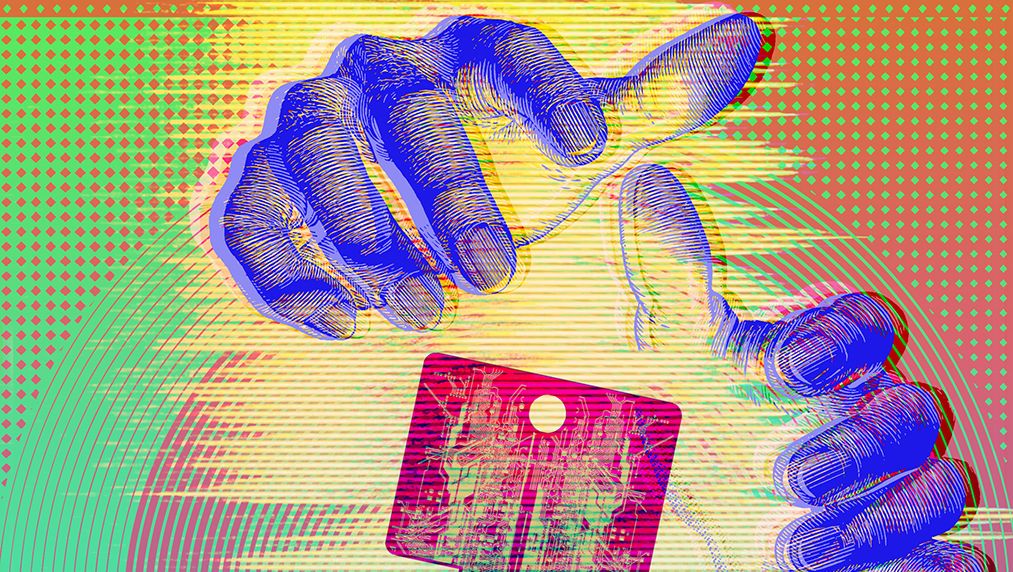
The companies powering our connected lives know our names and addresses, political preferences, moods, and anxieties and the rabbit holes we fall down late at night. When it comes to data privacy, they’re often considered the bad guys, but they have the power to be the good guys too.
Until a comprehensive law is passed, consumers are left to pore over hundreds of lines of obscure lingo in a company’s privacy policy to figure out what a brand is doing with their data. (Who has time for that?) There’s a lot of confusion—some on purpose—but one thing is clear: Americans want transparency. Yesterday. So, we asked the women at tech behemoths working to keep (or regain) user trust to share—no jargon allowed—how their companies are navigating the complex, confusing, and often controversial world of privacy.
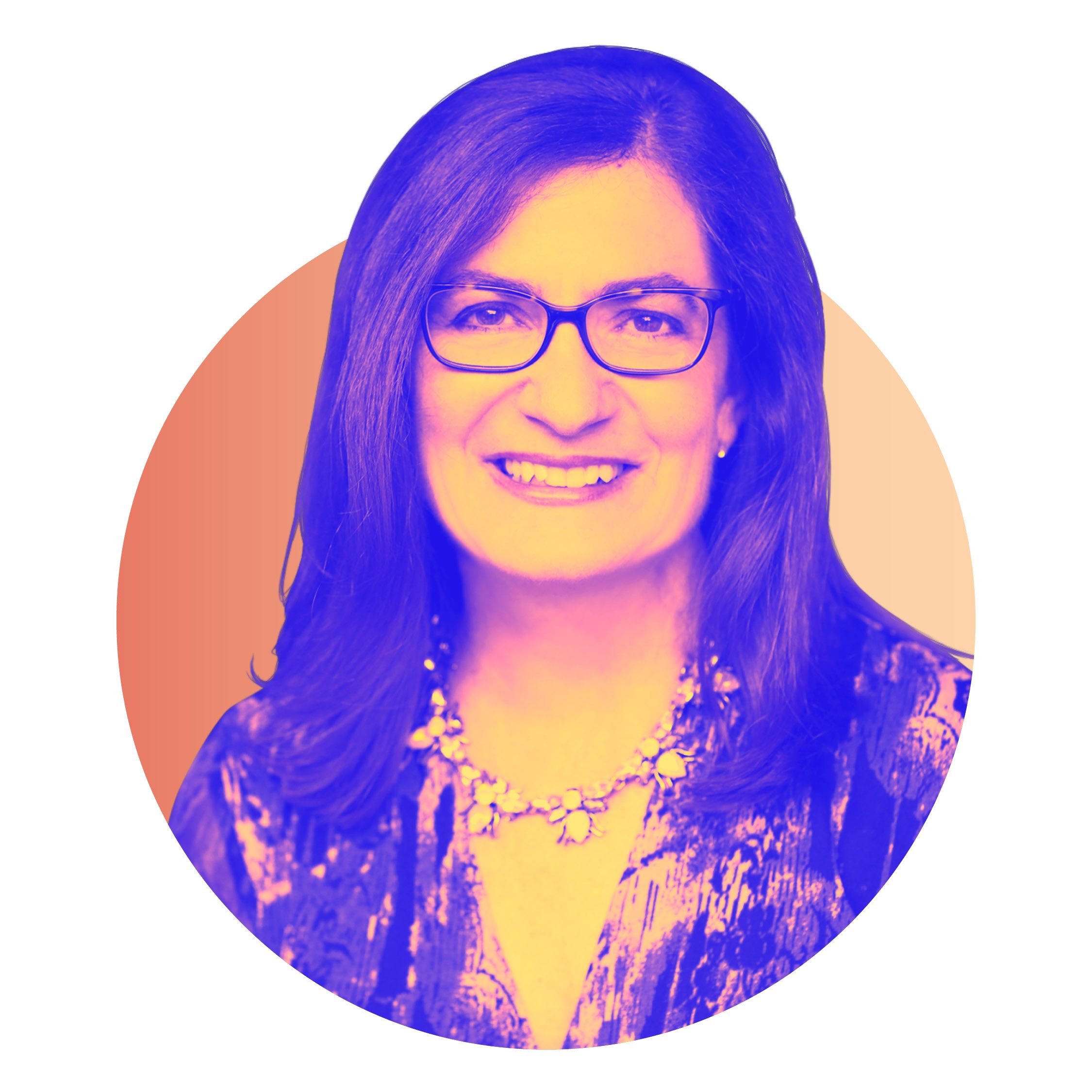
JULIE BRILL Chief privacy Officer, Microsoft
What’s your take on privacy regulation in the U.S.?
For decades, people in the U.S. haven’t enjoyed legal protections for the collection and use of their data. Without clear rules of the road, businesses have too much leeway on what they can do with the data they collect, and consumers have too little control. Since 2005, we’ve been calling for a federal law to address an individual’s right to data privacy. Think about how much has changed in 15 years and how much more of our information is now online. A strong privacy law is long overdue.
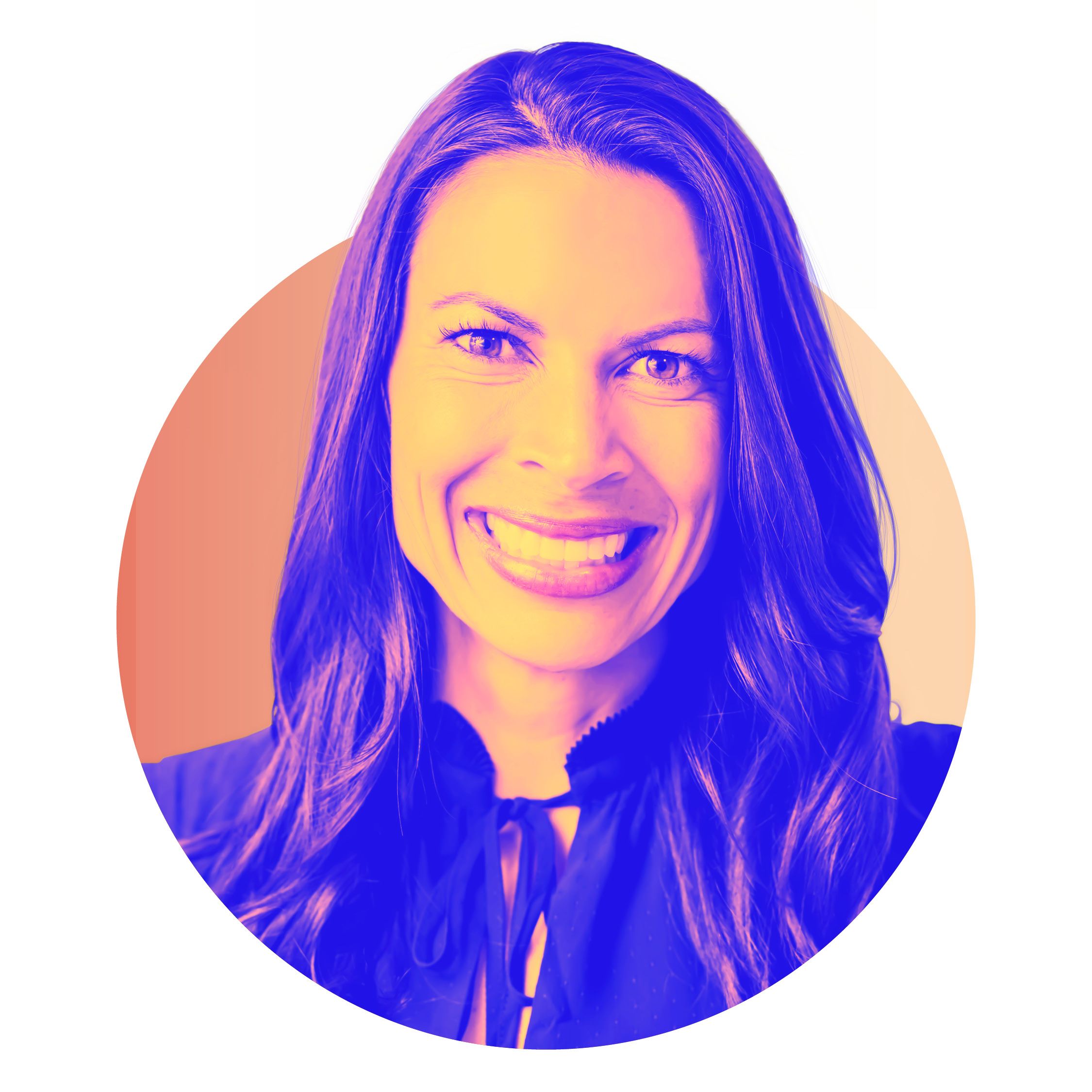
JACQUIE HAGGARTY VP, Deputy General Counsel, and Privacy Officer, 23andMe
Does 23andMe share my genetic information?
Some people may be nervous or unsure about taking a DNA test, and in those cases, we do not recommend it. Those interested can choose to participate in our research program and, if so, must explicitly opt in. If at any time they want to change that decision, they can. About 80 percent of our customers elect to participate, allowing 23andMe and qualified research collaborators to study their de-identified genetic information, which has helped lead to more than 1,500 genetic discoveries.

ERIN EGAN VP of Public Policy and Chief Privacy Officer for Policy, Facebook
Facebook has had its fair share of issues involving user privacy. What changes has Facebook introduced?
Stay In The Know
Get exclusive access to fashion and beauty trends, hot-off-the-press celebrity news, and more.
We recognize that people have important questions about how we treat their personal information. Over the past few years, we’ve completely reshaped the way Facebook works: We’ve launched updated tools, like Privacy Checkup and Off-Facebook Activity, to give people more control over their information, and Manage Activity, which makes it easy to archive or remove your old posts.

KRISTIE CHON Chief Privacy Officer, PayPal
What issues around data and privacy keep you up at night?
My role makes me more attuned to the power of data, so as a consumer I’ve lost sleep thinking about the potential for misuse of that info. In my job, I enable the company to think proactively about how privacy can improve the customer experience and build trust. For example, we recently rolled out QR codes to allow consumers to pay merchants in person with the PayPal app.

PARISA TABRIZ Security Princess and Director of Chrome, Google
As more users question how Google is using the data it collects, what changes have you made to products?
We introduced Incognito mode, which originated in Chrome, to apps like Google Maps and YouTube. We also introduced autodelete controls for your location history, searches, and other activity data. Plus, we’re looking to the future: Federated learning, a new approach to machine learning, allows developers to make products smarter without your data leaving your device. We publish our research so anyone around the world can leverage it to build privacy-forward products too.

JANE HORVATH Senior Director of Global Privacy, Apple
How have Apple’s policies on user data evolved?
Privacy has never been an afterthought. We have full-time privacy professionals who are deeply embedded with every product, service, and feature that touches personal data. Siri, for example, uses a random identifier—a long string of letters and numbers associated with a single device—to keep track of data while it’s being processed rather than tying it to your identity; after six months, the device’s data is disassociated from the random identifier.

MICHELLE ZATLYN Cofounder and COO, Cloudflare
How are you protecting user data—and how are you using it?
In 2018, Cloudflare launched the 1.1.1.1 service and app [free to download], which encrypts sites’ data leaving your device to make the Internet faster and more private for anyone online; it now has more than 50 million downloads. We believe privacy is a right and promise users that we won’t retain and sell their data. The data we do use helps stop 45 billion cyberattacks daily.

BEATRICE GEOFFRIN Director of Alexa Trust, Amazon
How has Alexa changed to increase user privacy?
In the last year, we’ve introduced several new voice controls for Alexa: the ability to say, “Alexa, delete what I just said,” to erase the data connected to a customer’s most recent request completely, and “Alexa, why did you do that?” which provides customers with an explanation of the last action Alexa took.
After the print version of this article went to press, Apple moved back the release date of their new privacy feature.
This story originally appeared in the Fall 2020 issue of Marie Claire.
Related Stories
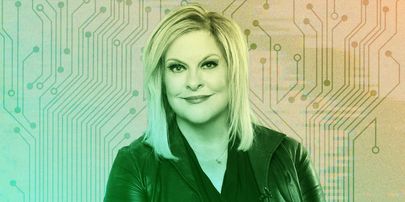

-
 Tyla's Coachella Outfit Pairs Dolce & Gabbana With Pandora
Tyla's Coachella Outfit Pairs Dolce & Gabbana With PandoraThe singer wore a gold version of the crystal bra made famous by Aaliyah.
By Amy Mackelden Published
-
 How Kate Middleton Is Influencing George's Fashion Choices
How Kate Middleton Is Influencing George's Fashion ChoicesThe future king's smart blazer is straight out of Princess Kate's style playbook.
By Amy Mackelden Published
-
 King Charles "Couldn't" Meet Prince Harry During U.K. Visit
King Charles "Couldn't" Meet Prince Harry During U.K. Visit"It could actually bring down a court case."
By Amy Mackelden Published
-
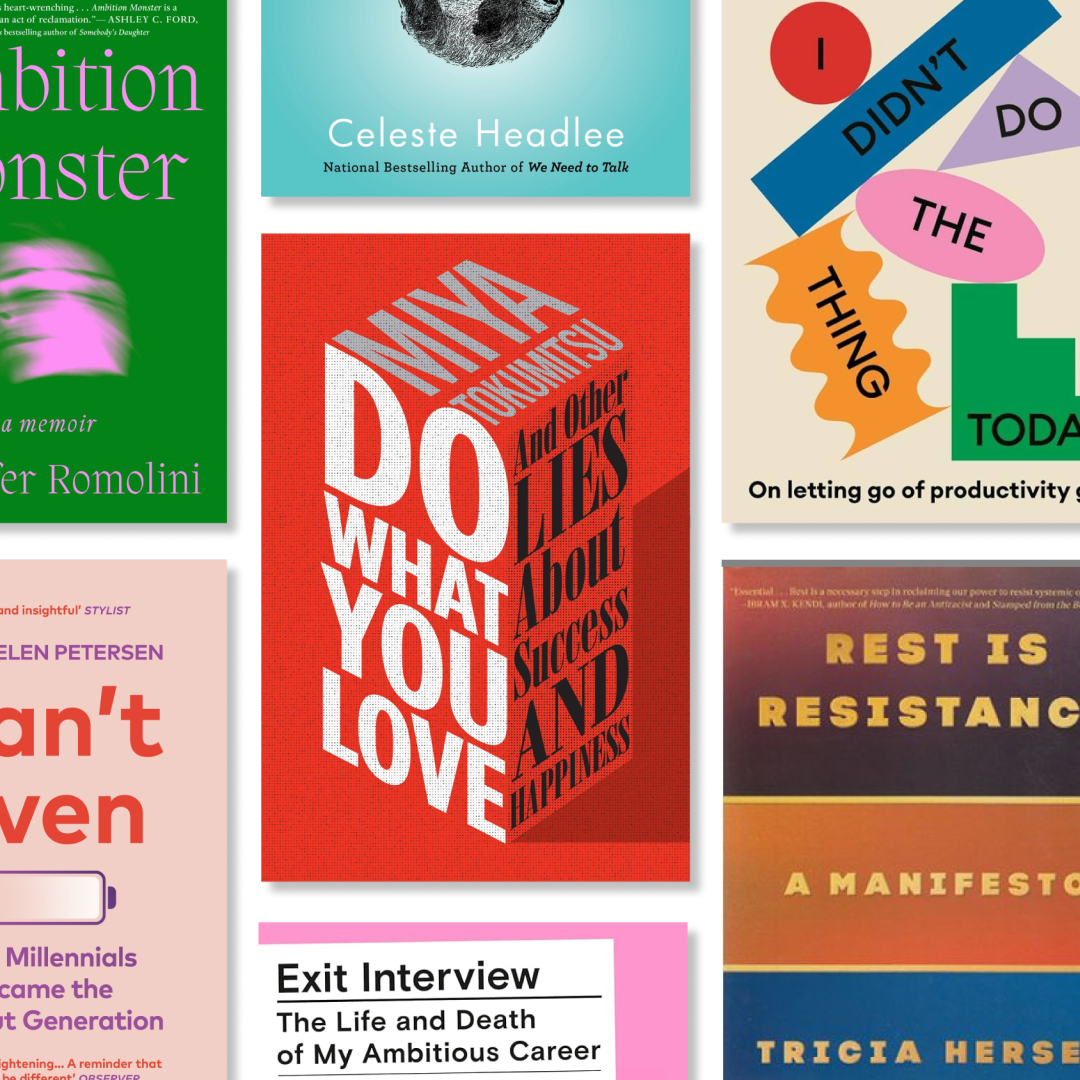 11 Books That Are the Antidote to Toxic Girlboss Hustle Culture
11 Books That Are the Antidote to Toxic Girlboss Hustle CultureThese memoirs and nonfiction titles will inspire you to focus on your personal ambitions.
By Andrea Park Published
-
 'Ginny & Georgia' Season 2: Everything We Know
'Ginny & Georgia' Season 2: Everything We KnowNetflix owes us answers after that ending.
By Zoe Guy Last updated
-
 'Firefly Lane' Season 2: Everything We Know
'Firefly Lane' Season 2: Everything We KnowIn the immortal words of Tully Hart, "Firefly Lane girls forever!"
By Andrea Park Published
-
 48 Last-Minute Father's Day Gifts to Scoop Up
48 Last-Minute Father's Day Gifts to Scoop UpHe'll never even know you left it until now.
By Rachel Epstein Published
-
 'Bridgerton' Season 2: Everything We Know
'Bridgerton' Season 2: Everything We KnowThe viscount and his new love interest hit Netflix at the end of March.
By Andrea Park Published
-
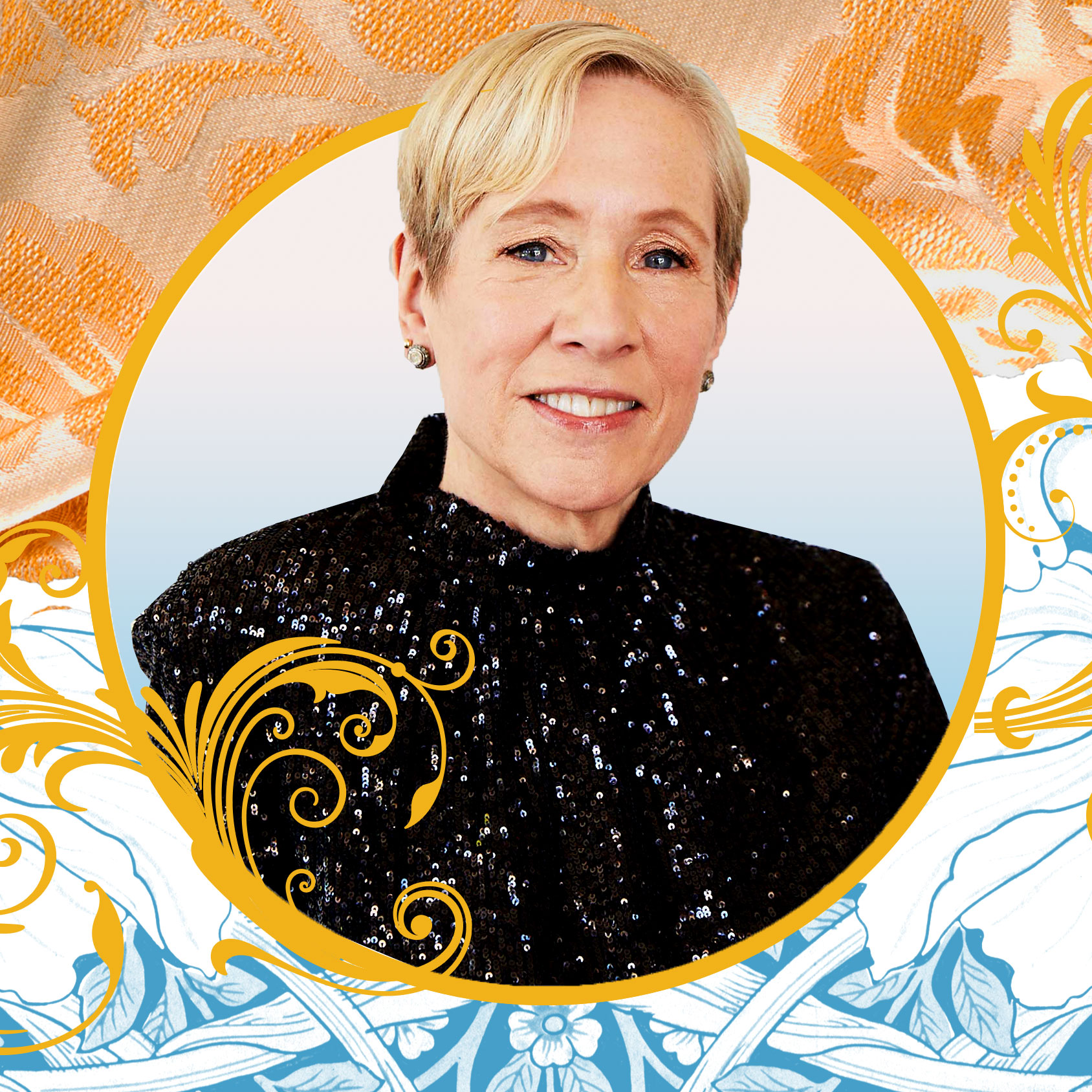 Almost Famous
Almost FamousHalf of the Shondaland dream team, the woman whose work brings 'Bridgerton' to life, is one of the most influential producers in Hollywood. And she’s ready for everyone to know it.
By Jessica M. Goldstein Published
-
 Payal Kadakia Is Finally Sharing Her Secret Sauce to Success
Payal Kadakia Is Finally Sharing Her Secret Sauce to SuccessIn her new book, LifePass, the ClassPass founder gives you the tools to write your own success story.
By Neha Prakash Published
-
 16 Gifts Any Music Lover Will Be Obsessed With
16 Gifts Any Music Lover Will Be Obsessed WithAirPods beanies? Say less.
By Rachel Epstein Published